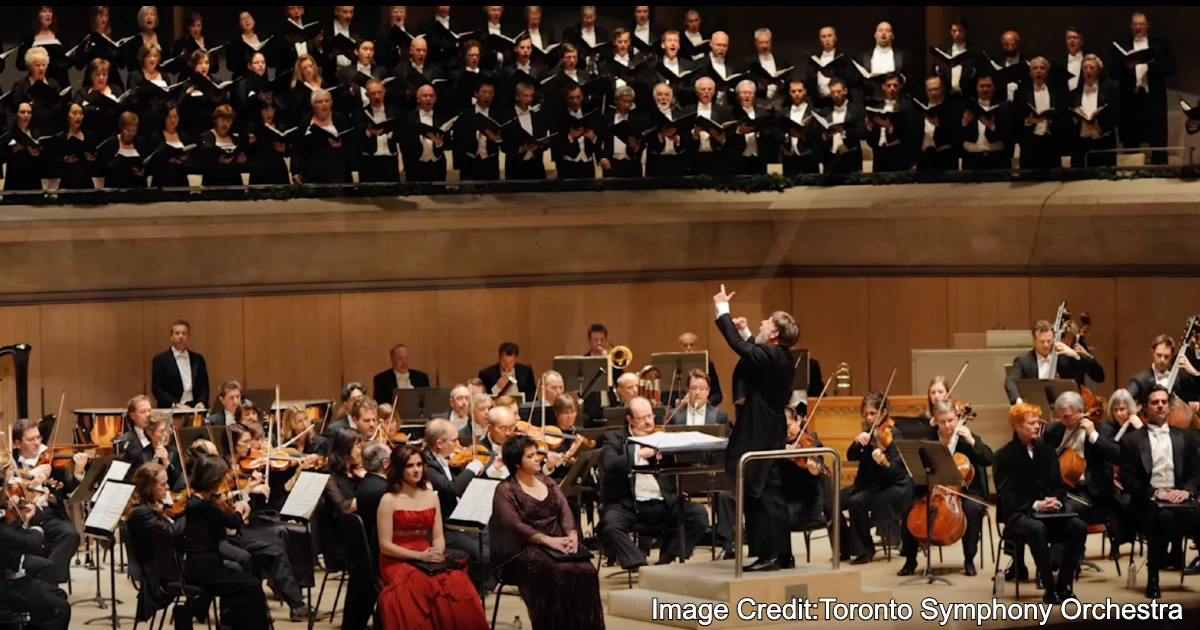Handel’s Messiah is one of the most cherished choral works in the Western canon, a masterful oratorio composed by George Frideric Handel in 1741.
Its history is as rich and inspiring as the music itself, embodying themes of perseverance, artistry, and faith. Central to its enduring popularity is the “Hallelujah” chorus, a jubilant finale that has become synonymous with celebration and divine worship.
Origins of Handel’s Messiah
The story of Messiah begins with Handel’s own struggles in his career. By the late 1730s, Handel, a German-born composer who had settled in London, faced declining public interest in his Italian operas. Financial pressures mounted, and his health began to deteriorate. In the face of these challenges, Handel shifted his focus toward English oratorios—dramatic musical works for voices and orchestra that did not require staging, costumes, or sets.
In 1741, literary scholar and devout Christian Charles Jennens provided Handel with a libretto based on biblical texts. Jennens carefully selected verses from the King James Bible and the Book of Common Prayer to create a narrative about the life, death, and resurrection of Jesus Christ. Unlike traditional oratorios, Messiah does not follow a single dramatic storyline; instead, it serves as a reflective meditation on Christian doctrine.
Inspired by the libretto, Handel composed the entire score of Messiah in just 24 days, a feat considered miraculous by many. He worked tirelessly, often skipping meals and sleeping very little. Handel later remarked that he felt as though heaven itself had guided his pen, saying, “I did think I did see all heaven before me, and the great God himself.”
The First Performance
Messiah premiered on April 13, 1742, in Dublin, Ireland, as part of a charitable concert to benefit local hospitals and assist in debt relief for prisoners. The performance was a resounding success, drawing an audience so large that women were asked to leave their hoop skirts at home to make more room. The proceeds raised significant funds for charity, setting a precedent for Messiah performances as philanthropic events.
When Messiah was introduced to London audiences the following year, its reception was initially lukewarm. Religious critics questioned whether it was appropriate to perform sacred texts in a public theater. Over time, however, Messiah gained immense popularity, becoming an annual tradition and solidifying Handel’s reputation as one of history’s greatest composers.
The “Hallelujah” Chorus
The “Hallelujah” chorus, which concludes the second part of Messiah, is arguably the most famous section of the oratorio. It celebrates the triumph of Christ’s resurrection, proclaiming, “Hallelujah: for the Lord God omnipotent reigneth.” The text is drawn from the Book of Revelation (19:6, 11:15, and 19:16) and reflects themes of divine glory and universal praise.
Musically, the “Hallelujah” chorus is a marvel of Baroque composition. Handel employs contrasting textures, alternating between powerful homophonic (chords sung together) and intricate polyphonic (independent melodies interwoven) passages. The result is a dynamic and uplifting sound that captures the majesty of the text.
One of the most enduring traditions associated with the “Hallelujah” chorus is the audience’s custom of standing during its performance. According to legend, King George II was so moved when he first heard the chorus at a 1743 London performance that he rose to his feet, prompting the rest of the audience to follow suit. While historical evidence for this anecdote is inconclusive, the practice has continued for centuries, symbolizing reverence and awe.
Legacy and Cultural Impact
Messiah has become a cornerstone of Western music, performed by choirs and orchestras worldwide, particularly during the Christmas and Easter seasons. The “Hallelujah” chorus, in particular, transcends religious and cultural boundaries and is often performed at secular celebrations and major events.
Handel’s masterpiece also revolutionized the concept of musical philanthropy. During his lifetime, Handel organized benefit performances of Messiah to support charities, including London’s Foundling Hospital. His legacy of using music as a force for good continues, with countless performances raising funds for various causes.
The history of Messiah and the “Hallelujah” chorus stands as a testament to Handel’s genius and resilience. From its humble beginnings in Dublin to its status as a global phenomenon, this oratorio has inspired audiences for nearly three centuries, affirming the timeless power of music to uplift the human spirit.



















